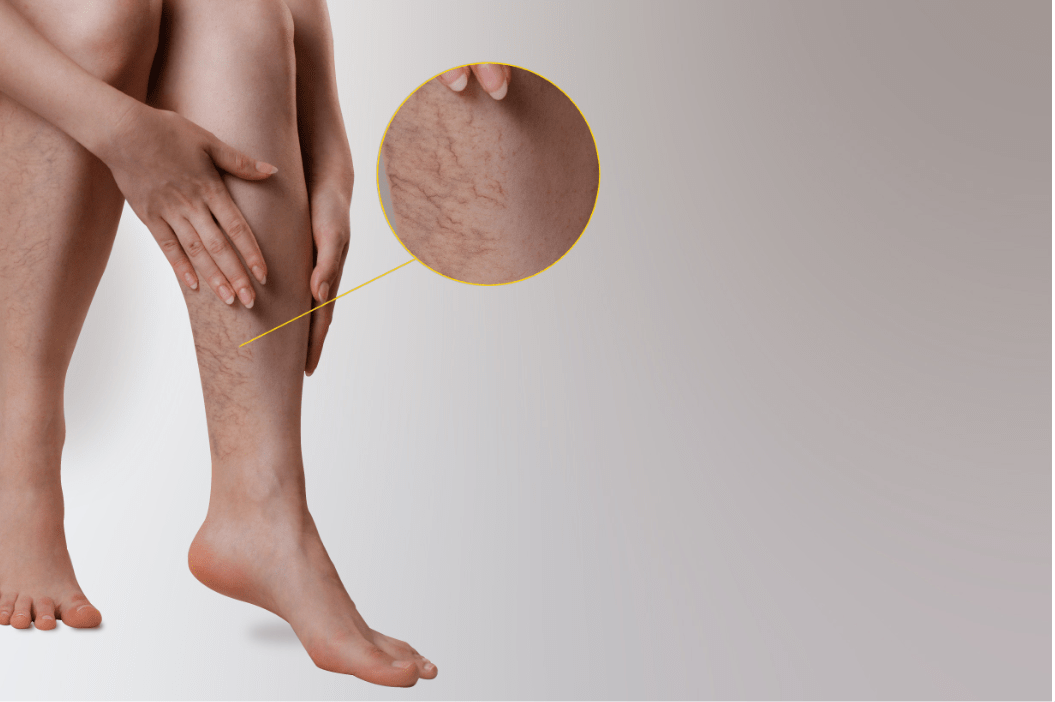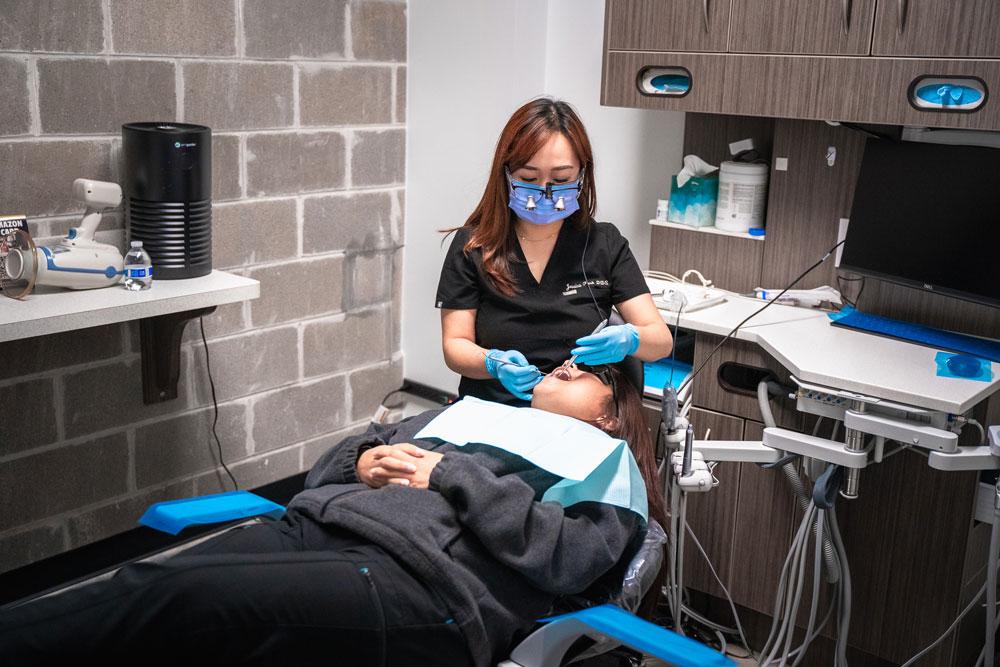What is The Latest Treatment Option Available for Varicose Veins?
Varicose veins are a common condition that can cause discomfort, pain, and aesthetic concerns for many individuals. With advancements in medical technology, several new treatments have become available to manage this condition more effectively. This article delves into the latest treatment options for varicose veins and provides insight into the types of doctors who specialize in vein health.
Introduction to Varicose Veins
Varicose veins occur when veins become enlarged, swollen, and twisted, often appearing blue or dark purple. This condition is commonly seen in the legs and feet due to the pressure of standing and walking. While varicose veins can be a cosmetic concern for many, they can also cause significant discomfort and lead to more serious health issues if left untreated.
What Kind of Doctor is a Vein Specialist?
Before exploring the latest treatment options, it is essential to understand the types of doctors who specialize in treating varicose veins. Vein specialists include phlebologists, vascular surgeons, and interventional radiologists. Each type of specialist has unique training and expertise in managing venous disorders.
Phlebologists
Phlebologists are doctors who specialize in the diagnosis and treatment of vein disorders. This field, known as phlebology, focuses on conditions such as varicose veins, spider veins, and chronic venous insufficiency. Phlebologists are skilled in performing minimally invasive procedures like sclerotherapy, endovenous laser therapy (EVLT), and radiofrequency ablation (RFA).
Vascular Surgeons
Vascular surgeons are medical professionals who treat diseases of the vascular system, which includes both veins and arteries. They are trained in surgical and non-surgical interventions for a variety of vascular conditions. For patients with severe varicose veins or complications such as deep vein thrombosis (DVT), vascular surgeons can perform advanced procedures, including vein stripping and ligation.
Interventional Radiologists
Interventional radiologists use imaging techniques to diagnose and treat various medical conditions, including venous disorders. They specialize in minimally invasive procedures guided by imaging technologies. Interventional radiologists perform treatments such as EVLT, RFA, and foam sclerotherapy, offering precise and effective solutions for varicose veins.
What is the Latest Treatment for Varicose Veins?
Advancements in medical technology have led to the development of several new treatments for varicose veins. These innovative procedures are designed to be minimally invasive, offering effective results with reduced recovery times.
Endovenous Laser Therapy (EVLT)
Endovenous Laser Therapy (EVLT) is a cutting-edge treatment that uses laser energy to close off varicose veins. During the procedure, a thin laser fiber is inserted into the affected vein through a small incision. The laser energy heats and seals the vein, causing it to collapse and eventually be absorbed by the body. EVLT is performed under local anesthesia and typically takes about an hour. This procedure offers several benefits, including minimal scarring, quick recovery, and a high success rate.
Radiofrequency Ablation (RFA)
Radiofrequency Ablation (RFA) is another advanced treatment for varicose veins. Similar to EVLT, RFA uses heat to close off problematic veins. However, RFA utilizes radiofrequency energy instead of laser energy. A thin catheter is inserted into the vein, and radiofrequency energy is delivered to heat and seal the vein. RFA is performed under local anesthesia and provides quick relief with minimal discomfort. This procedure is highly effective for treating larger varicose veins and has a short recovery period.
VenaSeal Closure System
The VenaSeal Closure System is a relatively new treatment option that uses a medical adhesive to close off varicose veins. During the procedure, a catheter is inserted into the affected vein, and the adhesive is delivered to seal the vein shut. Unlike EVLT and RFA, the VenaSeal system does not require heat, eliminating the need for tumescent anesthesia. This treatment is particularly appealing for patients seeking a quick and virtually painless procedure. The VenaSeal system has shown excellent results in clinical studies, offering an effective and safe alternative to traditional treatments.
Clarivein
Clarivein is an innovative treatment that combines mechanical and chemical methods to close off varicose veins. The procedure involves inserting a catheter with a rotating tip into the affected vein. As the catheter rotates, it delivers a sclerosant, a chemical that irritates the vein walls and causes them to collapse. Clarivein is performed under local anesthesia and does not require heat or large amounts of sclerosant, reducing the risk of complications. This minimally invasive treatment offers a quick recovery and high patient satisfaction.
Foam Sclerotherapy
Foam sclerotherapy is an advanced variation of traditional sclerotherapy that uses a foamy solution to treat varicose veins. The foam is created by mixing the sclerosant with air or another gas, allowing it to expand and make better contact with the vein walls. This technique is particularly effective for larger veins that may not respond well to liquid sclerosant. Foam sclerotherapy is performed in an outpatient setting and provides excellent cosmetic results with minimal downtime.
Benefits of the Latest Treatments
The latest treatments for varicose veins offer several advantages over traditional surgical methods. These benefits include:
- Minimally Invasive: Modern treatments like EVLT, RFA, and VenaSeal are minimally invasive, requiring only small incisions or punctures. This reduces the risk of complications and minimizes scarring.
- Quick Recovery: Patients undergoing these advanced treatments typically experience faster recovery times compared to traditional surgery. Many procedures can be performed on an outpatient basis, allowing patients to return to normal activities quickly.
- Effective Results: The latest treatments are highly effective at closing off varicose veins and improving symptoms. Studies have shown high success rates and long-lasting results.
- Reduced Discomfort: Newer procedures are designed to be less painful and more comfortable for patients. Local anesthesia is often used, and most treatments cause minimal discomfort during and after the procedure.
Post-Treatment Care and Follow-Up
Proper post-treatment care and follow-up are essential to ensure the success of varicose vein treatments and prevent recurrence. Vein specialists provide comprehensive post-treatment care, including:
Compression Therapy
After treatments like EVLT or sclerotherapy, patients are often advised to wear compression stockings. These stockings help improve blood flow, reduce swelling, and enhance the healing process.
Lifestyle Recommendations
Vein specialists provide guidance on lifestyle changes to maintain vein health. Recommendations may include regular exercise, weight management, and avoiding prolonged periods of standing or sitting.
Follow-Up Appointments
Regular follow-up visits are scheduled to monitor the patient’s progress, assess the effectiveness of the treatment, and address any concerns. These appointments are crucial for ensuring long-term success and preventing complications.
Conclusion:
Varicose veins can significantly impact quality of life, causing discomfort and cosmetic concerns. Fortunately, advancements in medical technology have led to the development of several new and effective treatments. Endovenous Laser Therapy (EVLT), Radiofrequency Ablation (RFA), the VenaSeal Closure System, Clarivein, and Foam Sclerotherapy offer minimally invasive solutions with quick recovery times and excellent results. Understanding the types of doctors who specialize in vein health, such as phlebologists, vascular surgeons, and interventional radiologists, is essential for seeking the best care. With proper treatment and follow-up, individuals can achieve better vein health and improved quality of life.



